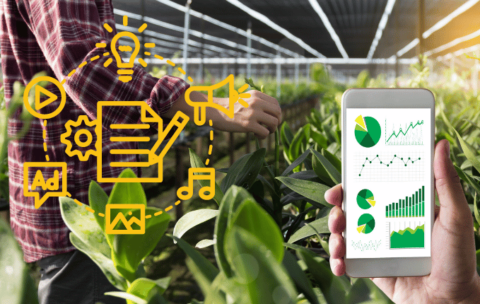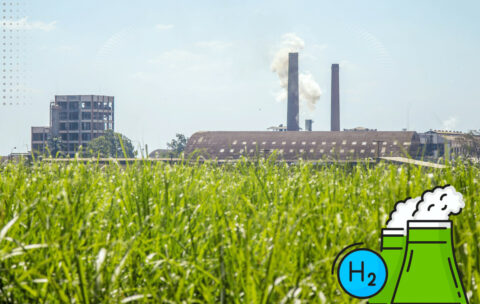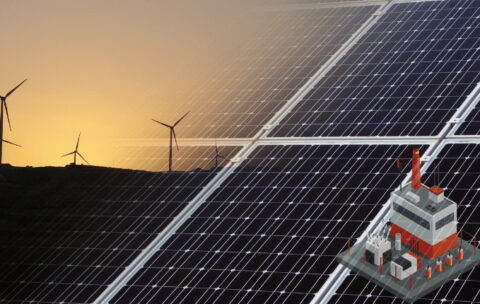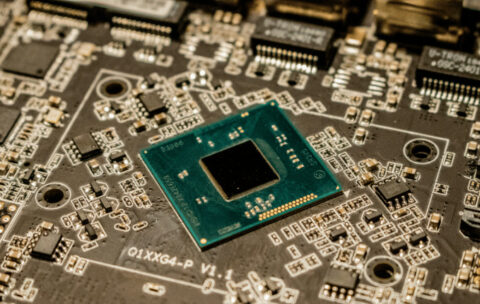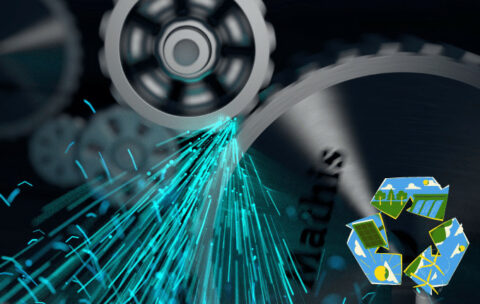Advanced Materials Characterization and Analysis
The course “Advanced Materials Characterization and Analysis” is designed to …
What you'll learn
Marketing and Branding for Agricultural Products
The course “Marketing and Branding for Agricultural Products” is designed …
What you'll learn
Sustainable Materials Engineering and Green Manufacturing
The course “Sustainable Materials Engineering and Green Manufacturing” aims to …
What you'll learn
Renewable Energy Systems: Integration and Grid Connection
The course on Renewable Energy Systems: Integration and Grid Connection …
What you'll learn
Electronics and Circuit Design: Fundamentals and Applications
The course on Electronics and Circuit Design: Fundamentals and Applications …
What you'll learn
Power Systems Engineering: Analysis and Design
The course on Power Systems Engineering: Analysis and Design provides …
What you'll learn
Robotics and Automation in Mechanical Engineering
The course on Robotics and Automation in Mechanical Engineering provides …
What you'll learn
Renewable Energy Technologies in Mechanical Engineering
The course on Renewable Energy Technologies in Mechanical Engineering provides …

